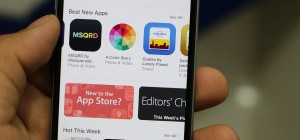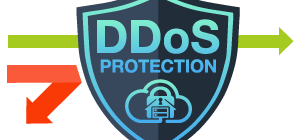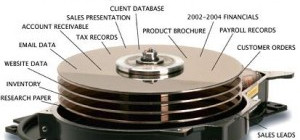 With the recent news of the hacking of celebrity nude photos, including Jennifer Lawrence and McKayla Maroney, the Internet is buzzing about privacy. But as a non-celebrity, you are far more likely to have an embarrassing photo surface, whether it’s through a hack or a user error. And while you may not have endorsements and movie roles at stake, your job, your clients, and your personal life could all be affected.
With the recent news of the hacking of celebrity nude photos, including Jennifer Lawrence and McKayla Maroney, the Internet is buzzing about privacy. But as a non-celebrity, you are far more likely to have an embarrassing photo surface, whether it’s through a hack or a user error. And while you may not have endorsements and movie roles at stake, your job, your clients, and your personal life could all be affected.
Social media monitoring tools like Google Alerts, Social Mention and Media Portal can help you identify leaks after they happen, but by then it's like trying to put the toothpaste back in the tube. Your best bet is prevention.
Your Phone is Better Than Their Phone
The first step to not having an embarrassing photo leak is to not have an embarrassing photo in the first place. That said, sometimes you can't help it. Perhaps you were taking a joke photo. Or maybe you didn't realize that it was embarrassing when you took it.
Remember that the person who takes the picture owns it and has the right to distribute it as they please. So if someone else takes snaps a shot of you on their camera or phone–unless you've paid them to do so–they own that image. Regardless of how embarrassing you look, they can post it to Facebook, make a meme, or sell that image to others. If you took the picture on your phone, you own and control it.
And if you have another person take an image of you on your phone, things get a little messier. They technically own the copyright but you have a huge advantage because you have possession of the image.
Treat the Internet Like a Four Letter Word
If you have possession of your embarrassing photo, keep it from the Internet. Even if you think you're just posting it on your social media profiles for your close friends and family, any of them can share the image. Disabled sharing of your images, someone could easily take a screenshot of it and still share it.
The Internet is also home to those cloud accounts most of us have attached to our phones and computers. Apple, Android, and Windows devices all have auto-backup features that save images we take or store with them into cloud networks. That's great for storage reasons but bad for security. For example, if you delete an embarrassing photo from your iPhone, you don't necessarily delete it in your iCloud account. It can still be accessed by anyone who can get inside your account.
Your Dog's Name is a Really Bad Password
Security experts have been nagging us about password protection for years. Weak passwords are an excellent way for hackers to get to your information. First, all of your passwords should contain uppercase and lowercase letters, numbers, and characters. If possible, it shouldn't make any sense–no names, no places, and definitely not your birthday.
In fact, many companies that deal with personal data offer two step verification. This is a security precaution where you must have possession of a device as well as the password to access the information on any new device. Take Google, for example. It has Google Photos, which holds all of your images in the cloud. After set up, you'd have to get an authorization code from your phone to log in to any device other than the ones you've set up.
[youtube https://www.youtube.com/watch?v=zMabEyrtPRg]
Overall, it's important to remember that there's no such thing as too much security when it comes to your brand. It's always better to be safe than to show up in a search engine for the wrong reason.







